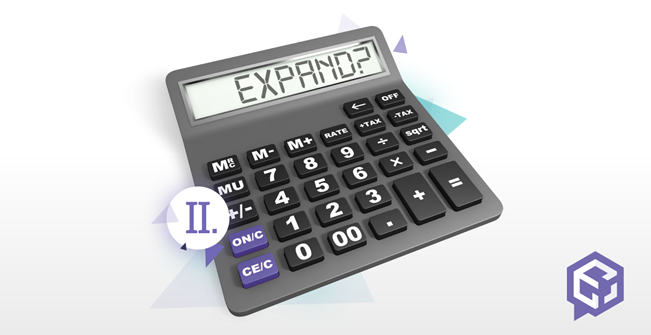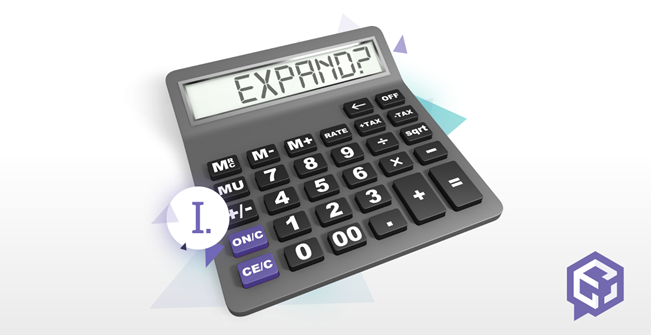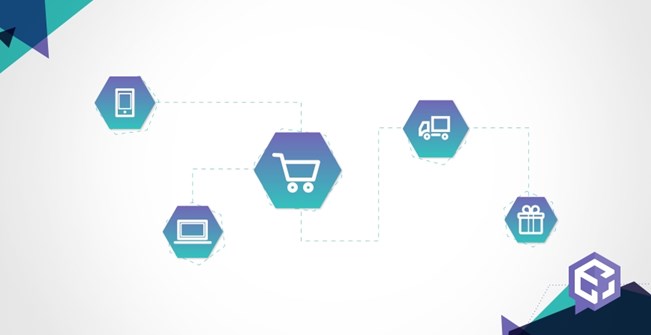As stated by the Polish Banking Association, at the end of 2016, the Poles owned more than 33 million bank accounts available online. Contactless payment cards are used by more than 28.5 million people. At the same time, up to 2.3 million small and medium-sized businesses owned online accounts and 1.4 million were actively using them.
Poles have got used to online payments quite quickly, which certainly has a positive impact on the Polish e-commerce market.
More and more online transactions
80% of users use banking services (data of Izba Gospodarki Elektronicznej), most of them no longer visit local branches of their bank, they use exclusively internet or mobile services. They also use Android Pay by Google and PayU in Poland.
It is also a signal for e-commerce businesses that they must provide to their clients what they once expected in the context of classical services, such as the ability to pay for online purchases, internet loans, etc.
How do Poles manage their bank accounts? Card and bank transfer roll the market
In addition to technological options, Poles want to have an increasing choice of financial and transactional products. As Izba Gospodarki Elektronicznej reported, two popular ways are a debit card and a fast payout (eg via PayU), 19% of the respondents sayed. Another IGE report confirms that fast payouts are also the most commonly used payment method for Internet users. Paying for online purchases, the pay-by-link method was chosen by almost half of the users - 48%.
Classic credit transfers, credit cards, and quick payments via bank services (17%) are still popular. These are more popular methods than cash payments for personal shopping (15%), as well as mobile payments (13%), SMS (11%), or mobile apps (8%).
How do they pay for shopping?
* Through online banking service - 36%
* Through online mobile site - 36%
* At bank branch - 28%
* Through the bank's mobile application - 20%
* None of the above - 25%
What financial and transaction methods do the Poles use?
Poland is still far from Sweden, where up to 80% of financial transactions are online, but 25% of Poles do not use cash at all. And it looks like its successor will not be a credit card.
"Credit cards are not going to end for a very long time in the present form like a piece of plastic with a chip. It's a cheap and very comfortable form. It's not a device that requires recharging, for example. So they will work but at the same time it will lose importance "- says Jakub Grzechnik, director of the Mobile and Internet Banking Center at PKO Bank.
"This will happen not only because of the phone but also because of the expanding idea of the Internet of Things. The car will be able to pay for the highway, the orders will be suggested by the objects that surround us. There will also be a way of payment that will use a fictitious payment card instead of physical - and will continue to be the key to access our bank account "- says the expert.
"In the future, it seems that we will pay without the need of any device, but through biometrics or a chip implanted into the body," says Jarosław Sadowski of the Firi Financial Advisory Association.
Expandeco's opinion
Most likely we will pay for everything online. There will be more and more inovative ways of payments, the Poles are very trendy people following western trends, all new ways will also be implemented in Poland, so you need to be prepared. If you have more questions about the Polish market, do not hesitate to contact us.






